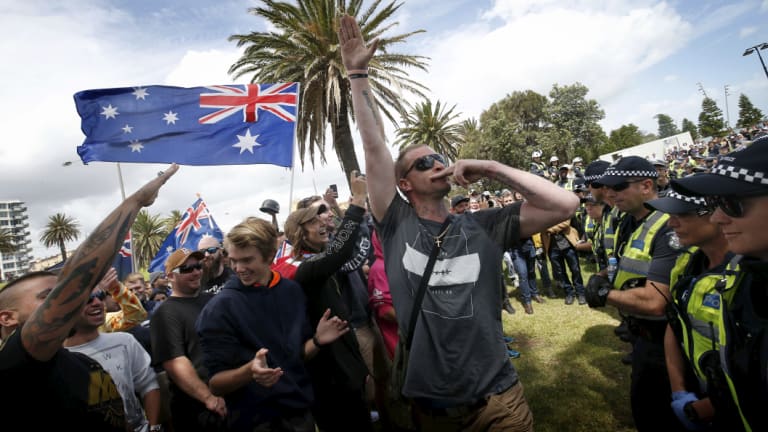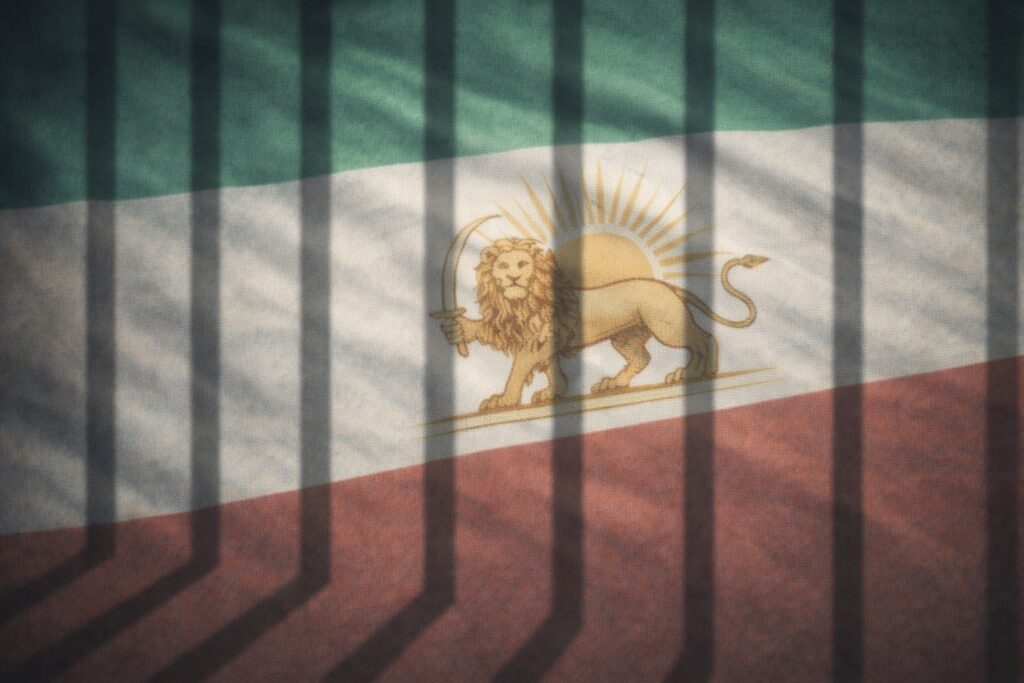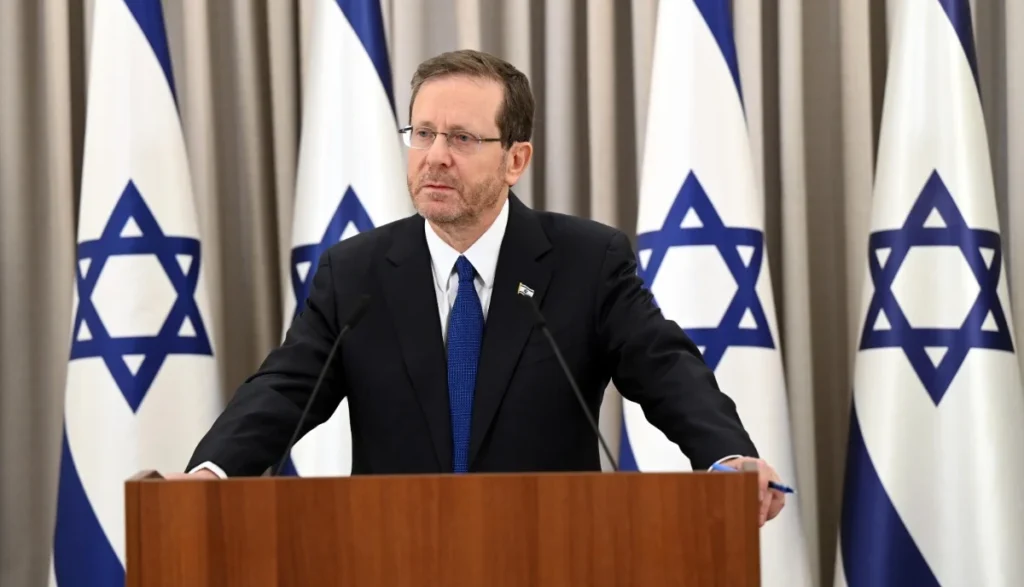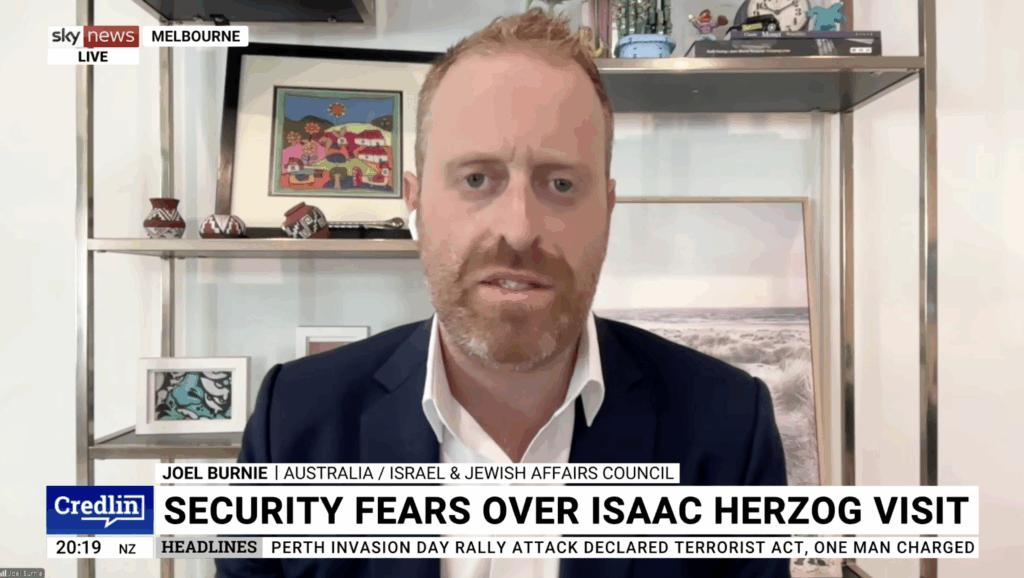IN THE MEDIA
We must fight the hate that spawns terrorism
April 1, 2019 | Colin Rubenstein

The West Australian – 1 Apr 2019
The Christchurch massacre was yet another example of how hateful online extremism can foster horrific violence against innocent victims. All people of goodwill were horrified by the white supremacist terrorist attack on March 15 against innocent Muslim worshippers in two different mosques, killing 50 people and injuring many seriously.
In the aftermath of the tragedy, political leadership was on display. New Zealand’s Prime Minister Jacinda Ardern was quick to enact gun reforms and called for a royal commission into the events leading up to the deadly Christchurch attack. Australia’s Prime Minister Scott Morrison announced that the Government was considering ways in which social media companies could face criminal penalties if their platforms fail to remove terrorist content, while Opposition Leader Bill Shorten emphasised that “not all rightwing extremist hate speech ends in violence, but all right-wing extremists’ violence started in hate speech”.
Others failed the integrity test, including independent senator Fraser Anning, who outrageously rationalised the attack with anti-Islam and anti-immigration rhetoric, as did those who politicised the moment to besmirch partisan opponents.
This heinous massacre and its aftermath recall many other terrorist attacks including the murder of 11 Jews at the Tree of Life Synagogue by a white supremacist in Pittsburgh last October. The motivations in both these attacks revolved around the same conspiracy of “white genocide” or, as the Christchurch attacker dubbed his manifesto, “The Great Replacement”, in which immigrants, and especially Muslim immigrants, are viewed as an existential threat to some imagined “white collective”. Neither of these attacks was the first against either Jews or Muslims, but both are among the worst committed by white supremacists in recent memory.
In solidarity with the Christchurch mosques, the Tree of Life congregation has raised substantial sums for the victims.
The massacre has brought the issue of white supremacist ideology to the forefront, and the dangerous ways in which it has been able to grow in support online. In November 2000, AIJAC, together with the Australian National University’s Freilich Foundation, co-sponsored the first conference in Australia on the potential danger of the nascent internet fuelling hate speech and empowering terrorist groups. What was then a potential concern has long since become a deadly reality.
Ideology should always be central in any discussion of terrorism, whether white supremacist, Islamist or any other type, yet this has not always been the case. Importantly, Islamism as an ideology it should be stressed, is not only distinct from the respected religion of Islam but also a terrorism threat to a large proportion of the world’s overwhelmingly peaceful Muslims.
Like most violent extremists, both white supremacist and Islamist terrorists act on the basis of belief systems that turn murderous attacks on innocent people into supposed acts of self-defence. The Christchurch mass murderer believed he was protecting the “white collective” from replacement by a hostile other. Similarly, Islamist terrorism adopts a worldview which sees all non-Muslims as inherently hostile to Muslims.
In the wake of Christchurch, both attempting to use the reality of white supremacist groups to downplay or marginalise the existence and ongoing threat of Islamist terrorism, or justifying white supremacy by citing Islamist terrorism are extremely debilitating and counterproductive approaches. While the case is overwhelming that our security services need to step up efforts to actively monitor and counter far-right extremists, any claim that this means they have been too focussed to date on Islamist violence is wrong-headed. We must find the resources and expertise to counter both challenges — and any other potential sources of terror.
As well, Australia must strengthen our arsenal of tools to combat the spread of hate. Effective administration of measures like Section 18C of the Racial Discrimination Act, designed to protect Australians from hate speech, racial vilification and group defamation while still enabling robust protection for freedom of speech and intense public policy debate, appear more justified and necessary than ever.
Ideologies of hatred, in all their ugly guises, and the swamp of toxic speech and extremism from which they emerge, must be combated on all fronts if we are to have any chance of preventing further terrorist atrocities.
Colin Rubenstein is executive director of the Australia/Israel & Jewish Affairs Council
Tags: Australia, Far Right, Islamic Extremism, Terrorism





